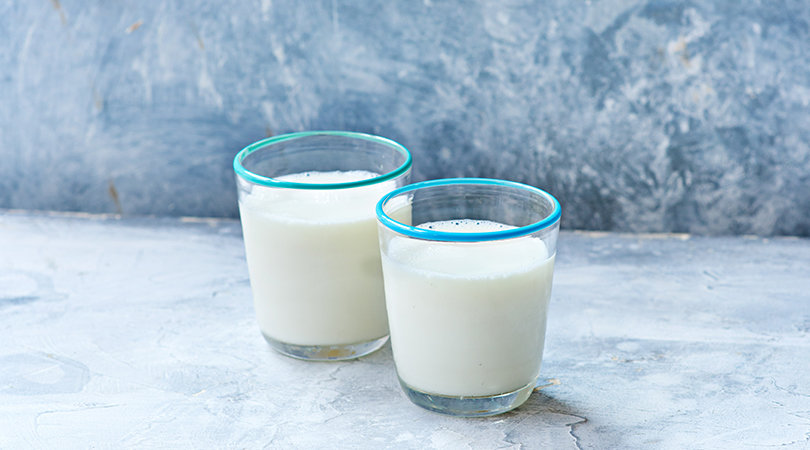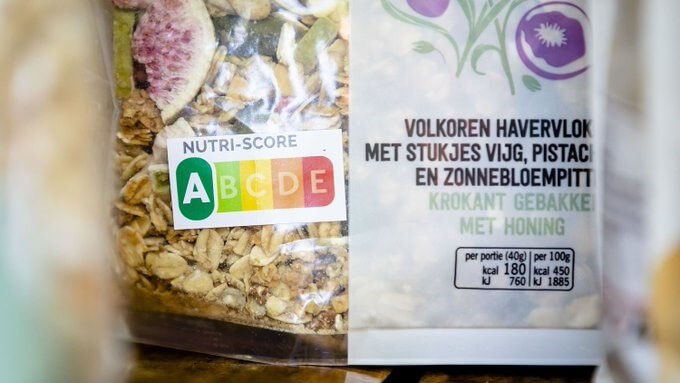

Nutrition
News overviewFrequently asked questions about milk and health
Milk is a natural product. It is delicious, reliable, contains important nutrients, and it is affordable. Milk and dairy products are part of a healthy diet, and are recommended by nutrition authorities worldwide. Most people know that milk is good for you, but still have many questions about its health aspects. Below you will find answers to the most frequently asked questions.
Is milk healthy?
Yes, milk is part of a healthy diet. Milk has crucial nutrients that our body needs every day. Milk is one of the five food groups and is a core part of our diet alongside vegetables, fruit and grain.
Why can’t some people tolerate milk?
Some people cannot tolerate the lactose (milk sugar) found in milk, or cannot drink much of it. They are lactose intolerant. They can buy milk products with less or no lactose, like yogurt, hard cheese, or lactose-free milk. Less than 5% of people in the Netherlands are lactose intolerant.
Why do some people have a cow’s milk allergy?
The infant gastrointestinal tract has not yet fully developed. As a result, proteins that are not fully digested can make their way into the bloodstream. For some children, this leads to allergic reactions. Once the gastrointestinal tract has fully developed, the allergic reactions usually disappear. Less than 0.5% of adults have a cow’s milk allergy.
Can I drink raw milk?
Fresh milk from the cow can contain unhealthy bacteria. It is therefore advised to first boil the milk. Once boiled, you will be able to drink the milk without problem.
What do nutritionists say about milk?
The Dutch Nutrition Center and many scientists agree that milk and dairy products contain crucial nutrients, and that they are part of a healthy diet that also includes grains, vegetables, fruit, nuts, fish, and meat. Milk and dairy products contain protein and fat and are a source of vitamins B2, B12, and calcium. It is recommended to drink 2 to 3 glasses of milk per day, or to consume dairy products like yogurt.
How much fat is in milk?
Whole milk contains 3-4% fat, reduced fat milk around 1.5% fat, and skim milk less than 0.5% fat.
Is milk bad for your bones?
No, there is no evidence for this. Movement and diet are important for your bones. In fact, milk contains calcium and protein, nutrients that are important for bone structure and health.
Do you have a greater chance of getting certain diseases if you drink a lot of milk?
No, there is no evidence for this. Milk and dairy products contain crucial nutrients that you need every day, and they have many health benefits. It is recommended to drink 2 to 3 glasses of milk per day, or to consume dairy products like yogurt.
How are the recommendations for a healthy diet developed?
In the Netherlands, nutrition recommendations are made by the Dutch Nutrition Center. It is an independent foundation financed by the Ministries of Health and Economic Affairs. The Dutch Nutrition Center bases its recommendations on the Guidelines for a Healthy Diet from the Health Council, which bases its advice on scientific evidence.
Do you get acne from milk?
No, there is no connection between acne and drinking milk. According to the Dutch Association of Dermatologists, it is not necessary to recommend or discourage certain diets to people with acne.
Does milk contain hormones?
Milk contains natural substances from the cow, which includes a small amount of natural hormones.
Does milk contain antibiotics?
Cows that are sick can be administered antibiotics upon the advice of a veterinarian. Milk from these cows is prohibited from being delivered to the factory.
Does drinking milk promote mucus production in the mouth?
There is no scientific evidence for the connection between drinking milk and an increased production of mucus. It could be that milk, like products with comparable “mouth feel” like soy milk, forms a thin layer in the mouth and throat. This does not occur for long, and is not the same as mucus production.
Where can I find more information about milk and health?
For independent, scientifically supported information about milk and health, visit the Dutch Nutrition Center.




